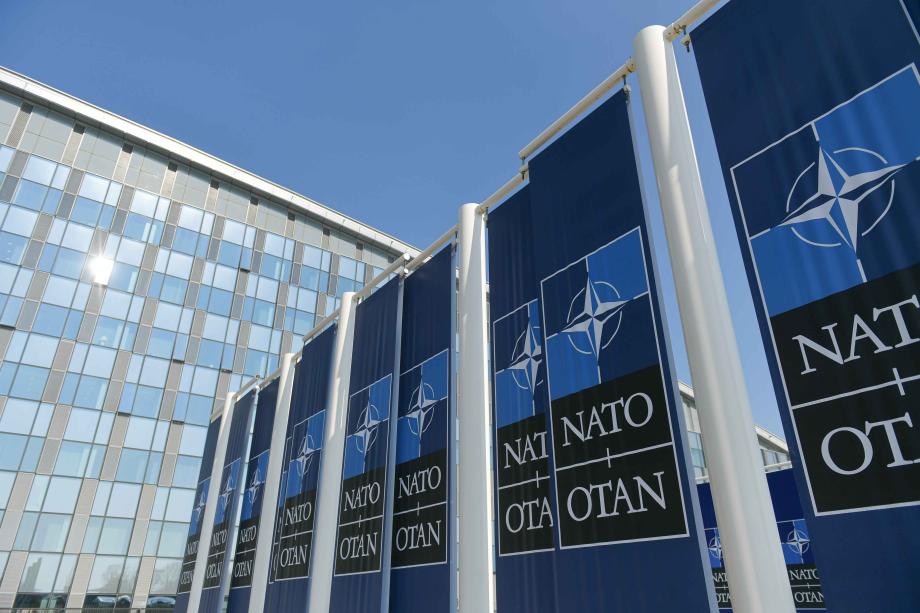In about a hundred words on the NATO FM Bucharest Meeting

The meeting of NATO Foreign Ministers (FM) in Bucharest comes against a tumult of activity in Ukraine and NATO Alliance territory. With Russia’s invasion of Ukraine spilling over to other states, ministerial discussions have taken unprecedented importance, especially as the risk of the war further spilling over cannot be discounted. With the Romanian capital hosting this crucial ministerial, GLOBSEC asks three experts: What area of defence should the Alliance immediately look to strengthen to preserve territorial integrity?
Dr. Graeme Herd, Professor of Transnational Security Studies, Research and Policy Analysis Department, George C. Marshall European Center for Security Studies
The explosion of missile fragments in the village of Przewodow, inside the Polish border on 15 November, a day when 100 Russian missiles targeted Ukraine, was both unprecedented and predictable. What can we learn? The void between the analysis of missile fragments and a determination of cause was filled by unknowns, conflicting information, and an urgent sense that “something needs to be done” and “NATO must react”, highlighting the risk of horizontal spillover and escalation. To mitigate this risk, NATO should deploy short-range anti-aircraft systems on the Polish border, and Russia should be informed that NATO monitors its airspace 24/7.
*the opinions expressed by Dr. Herd are solely the personal views of the author
Yevgeniya Gaber, Nonresident Senior Fellow, Atlantic Council in Turkey
Air defence remains the Achilles heel of the Alliance. In March, a Russian drone carrying explosives crashed in Zagreb after flying for more than an hour and passing through the airspace of Romania and Hungary. Earlier this month, Russian aggression reached NATO soil with a missile, killing two people on the territory of Poland. In another massive attack on the critical infrastructure of Ukraine, debris from a Russian missile landed in a border village of Moldova in a clear instance of war spilling into neighbouring European nations. However, it is not only advanced weapon systems but also a political will to use them that can secure the European skies.
Alena Kudzko, Vice President for Policy and Programming, GLOBSEC
NATO needs to strengthen its air defence in countries bordering Russia and Ukraine. At the very least, it will enable EU countries to avoid errant projectiles caused by Russia’s aggression in Ukraine and deter an intentional attack or provocation (and, if needed, enable EU countries to defend themselves). The ability of NATO more broadly to secure its territorial integrity is linked to developments on the Ukrainian battlefield. Ukraine needs more air defence systems to ensure it can continue fighting and to minimize any risk of unintentional spillover to NATO territory. NATO is on the right track in boosting its effective presence on the Eastern flank. It should also accelerate efforts to develop an enhanced and more coordinated industrial production base. There is, moreover, a need to align procurement more rapidly to ensure NATO boasts the capabilities and systems necessary to defend both its territory and support Ukraine over the long term.